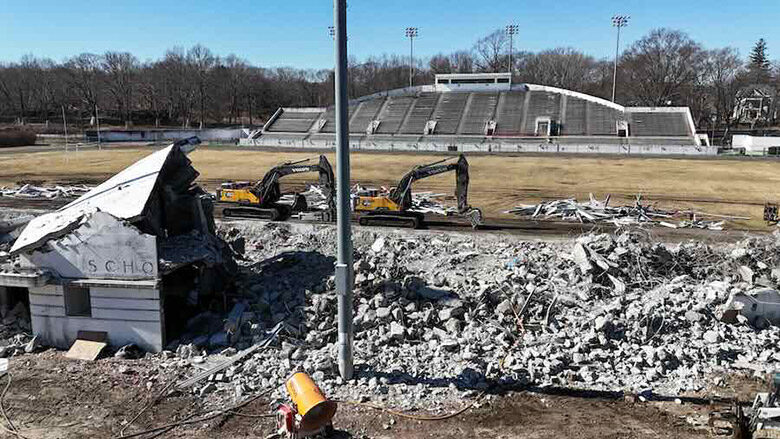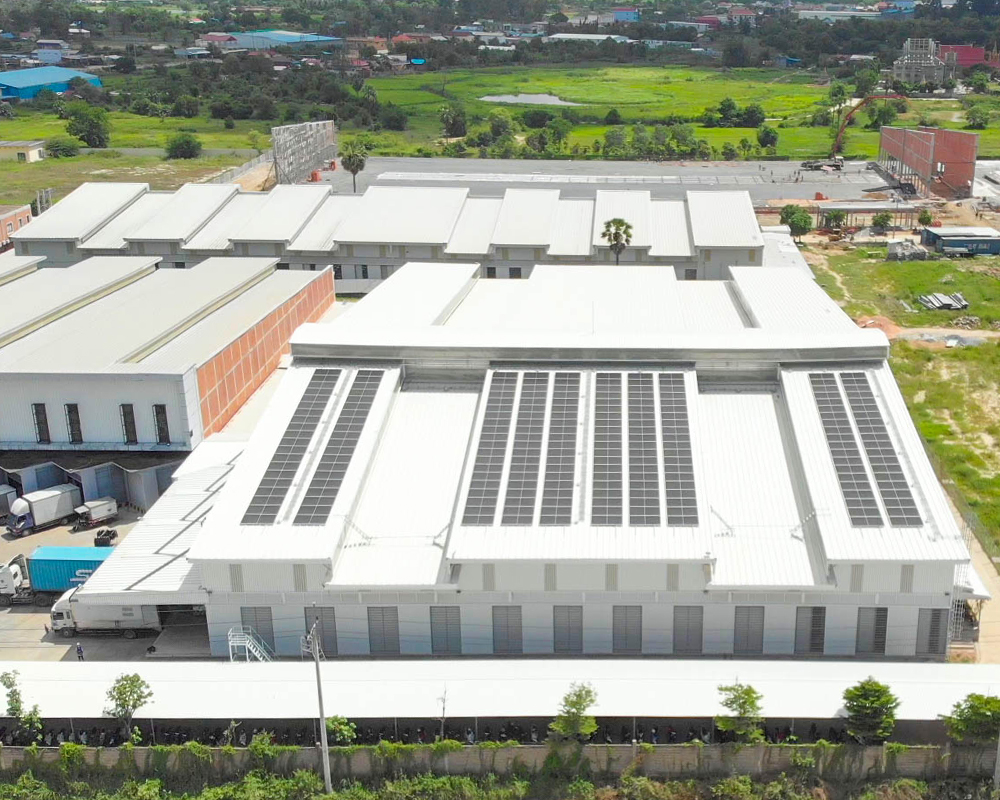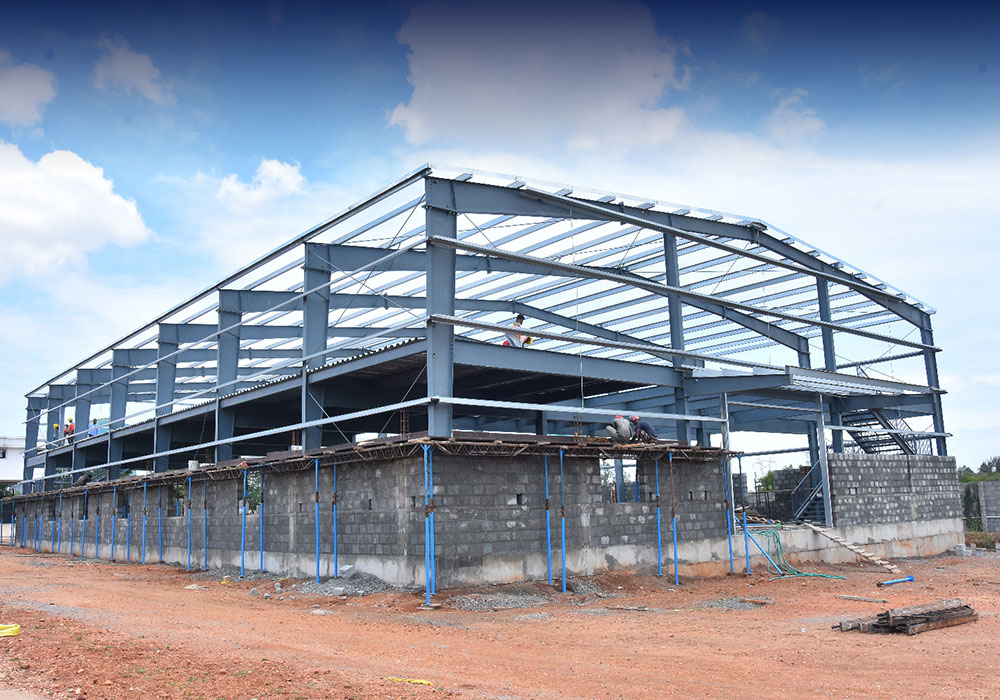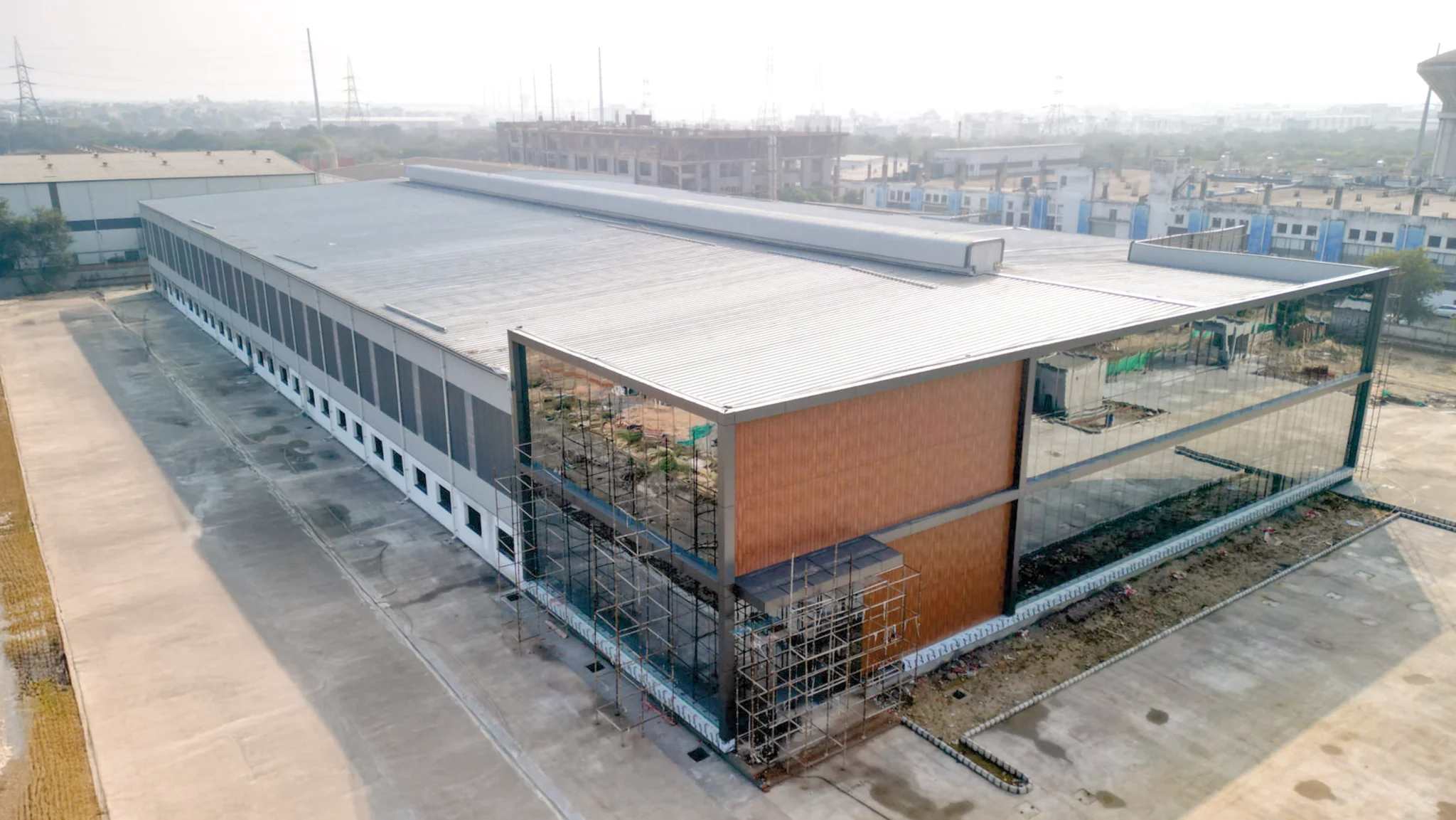
Court Approves $200M Boston Pro Women’s Soccer Stadium Renovation
[ad_1]

A Massachusetts judge ruled that a $200 million redevelopment of White Stadium in Boston’s historic Franklin Park does not violate state law for parkland protection.
The week after a three-three day trial that ended late last month, Superior Court Judge Matthew Nestor noted that the stadium parcel is not dependent on a state law, known as Article 97, regarding parkland protection.
Boston Mayor Michelle Wu pushed the plan to renovate the stadium in time to host games next March for a new professional women’s soccer team called Boston Legacy Football Club, a National Women’s Soccer League team that has signed a 10-year lease to rent the facility.
Wu called the ruling “a historic victory,” during an April 3 press conference.
She said the stadium would benefit Boston Public School students, coaches and the community for 15 hours a day, 345 days of the year.
“An all-season athletic hub with indoor and outdoor facilities will serve more students and coaches, more teams and community partners than ever before,” she said.
Bond Building Construction Inc., construction manager at risk for the city’s half of the project, began site work for the project on Jan. 6. “Bond is pleased with the positive ruling that allows this project to continue,” says Peter Roche, Bond project executive. “We are proud to be part of an effort that will provide Boston’s students and residents with a fantastic facility.”
The April 2 ruling overturned the Emerald Necklace Conservancy and other Boston resident opponents’ efforts to bar the proposed new for-profit soccer stadium and entertainment complex. The suit against the City of Boston and soccer team owner Boston Unity Soccer Partners LLC alleged that without obtaining legislative approval under Article 97, the city was violating state law.
“We’re deeply disappointed by the judge’s decision regarding the applicability of constitutional public land protections to Franklin Park and the land of the George Robert White public trust, and we plan to assess our legal options,” Karen Mauney-Brodek, the Conservancy’s president, said in a statement.
The city held that the stadium parcel is not protected under Article 97 because it is considered a schoolyard—not protected parkland.
The 76-year-old stadium, located in historic Franklin Park, was designed by the park’s landscape architect Frederick Law Olmsted. The Boston Planning and Development Authority approved a Stantec renovation design of the stadium in 2024.
The renovated facility will include indoor and outdoor facilities with locker rooms, a sports medicine suite, a professional grass field, an eight-lane track, and community event spaces, she said. Other benefits include opening more than an acre of green space for public use, fixing some of the drainage issues, new amenities, new pathways and lighting, a new community kitchen, access to public bathrooms and gathering space, she added.
This project will also lead to the planting of more than 500 new trees, the largest new planting in the history of the city, Wu says.
Originally estimated at $50 million, the city’s portion of the project has stretched to $90 million.
Opponents criticizing the rising costs for the city’s portion of the project proposed a $30 million alternative design. Melissa Hamel, a Boston resident says in the conservancy’s statement that the stadium’s full construction cost will not be known until at least July, the deadline for construction bids.
“We hope there is a limit to how much the city is willing to spend to prop up Boston Unity’s private investors,” Hamel says.
[ad_2]
Source link
Post a Comment
You must be logged in to post a comment.






